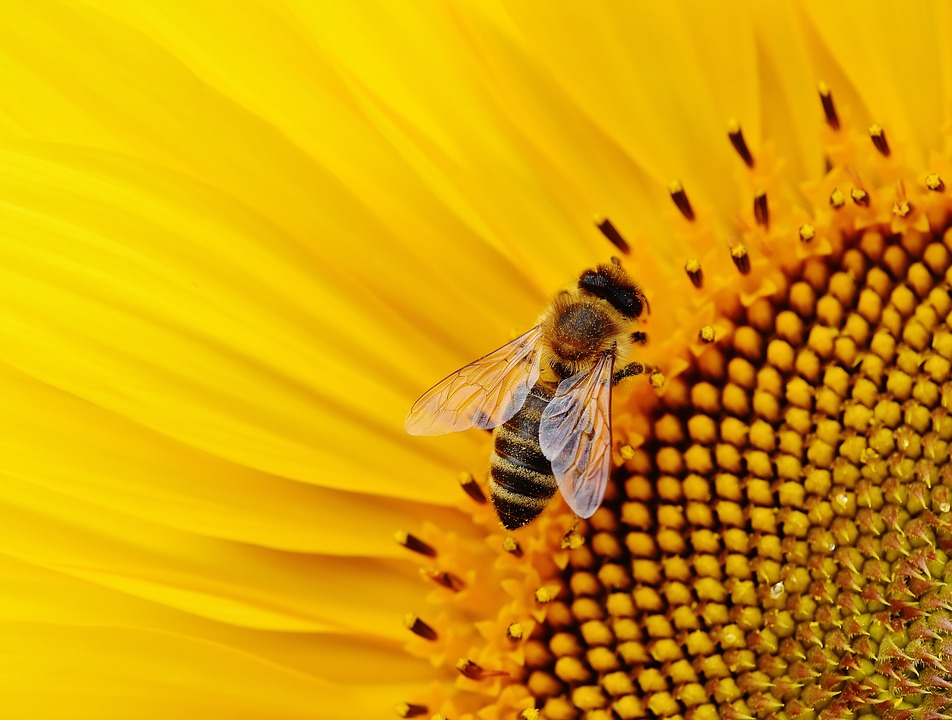A common insecticide is killing bees
The worldwide disappearance of hundreds of millions of bees, effective pollinators and vital to sustain the ecosystem, is a major concern for the scientific community. One of the hypotheses used to explain this biological collapse has been the use of the so-called neonicotinoid insecticides, which are very common in agricultural crops, since they appear to have a fatal attack on the nervous system of the insect.

The European Union (EU) banned three of them in 2013 as a precaution for two years, but the role of these pesticides in the death of insects has been controversial. Some critical voices argue that the negative effects had been oversized, since in the experiments bees could have been exposed at higher doses and for longer than they actually do, and that the impact of other threats such as climate change was Difficult to assess.
But now two major studies published in the journal Science confirm the suspicions. Both investigations, the first that reflect the real world by its size and scope, have shown that neonicotinoids damage bees, reducing their reproductive capacity and even anticipating their death. Although other factors such as the local environment and the type of bee also influence the impact, the effects of these pesticides are almost always negative.